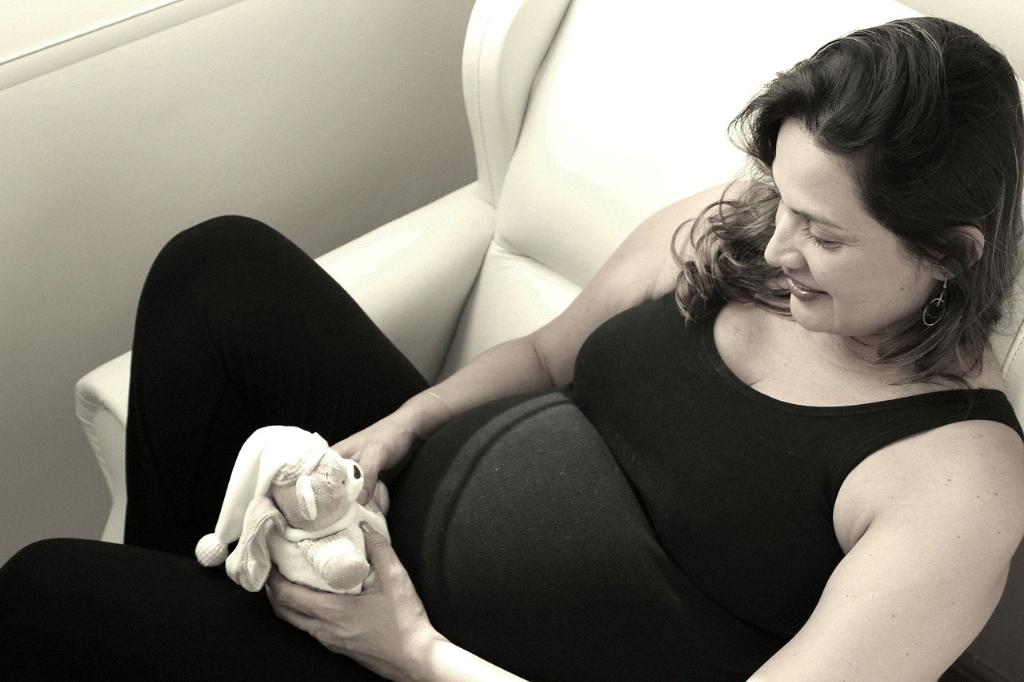When it comes to contraception, many people seek out natural alternatives that can be effective without the potential risks associated with synthetic hormonal methods. Aloe vera, known for its various health benefits, has recently been in the spotlight as a potential contraceptive option. Some studies have explored the use of aloe vera as a contraceptive due to the presence of a compound called lupeol, which is found in the plant.
Research has shown that lupeol, a chemical compound found in plants such as mango, dandelion root, and aloe vera, may have contraceptive properties. A study using donor sperm samples demonstrated that lupeol, along with another plant chemical called pristimerin from thunder god vine, was able to prevent sperm activation. This finding suggests that aloe vera could potentially play a role in inhibiting sperm motility, thus preventing fertilization.
While there is some evidence to suggest that lupeol in aloe vera may have contraceptive effects, further research is needed to fully understand its mechanism of action. It is important to note that the effectiveness of aloe vera as a contraceptive has not been conclusively proven, and more studies are required to determine its safety and reliability in this context.
One potential way in which aloe vera could act as a contraceptive is by interfering with the fertilization process. By inhibiting sperm activation, aloe vera may prevent the sperm from reaching and fertilizing the egg, thus serving as a natural barrier to pregnancy. This mechanism of action could make aloe vera a promising candidate for further exploration in the field of contraception.
However, it is essential to approach the idea of using aloe vera as a contraceptive with caution. Natural remedies, while appealing due to their organic origin, may not always be as effective or reliable as conventional contraceptive methods. It is crucial to consult with a healthcare provider before using aloe vera or any other natural remedy as a form of birth control.
Additionally, the use of aloe vera for contraception raises questions about dosage, application methods, and potential side effects. Without proper guidelines and research-backed information, relying solely on aloe vera as a contraceptive may pose risks and uncertainties. It is always advisable to seek professional medical advice before making decisions about contraceptive options.
Another point to consider is the variability in aloe vera products available in the market. The purity, quality, and concentration of lupeol in aloe vera preparations can vary significantly, affecting their effectiveness as a contraceptive. This variability underscores the importance of standardized research and regulation in the use of natural remedies for contraception.
Furthermore, the cultural and historical use of aloe vera in traditional medicine should be taken into account when evaluating its potential as a contraceptive. While anecdotal evidence may support the idea of aloe vera as a natural birth control method, scientific validation through rigorous clinical trials is necessary to determine its safety and efficacy.
In conclusion, while there is preliminary evidence suggesting that aloe vera, specifically its compound lupeol, may have contraceptive properties, more research is needed to confirm its effectiveness and safety. The use of aloe vera as a contraceptive should be approached with caution, and individuals interested in exploring this option should seek guidance from healthcare professionals to make informed decisions about their reproductive health.

